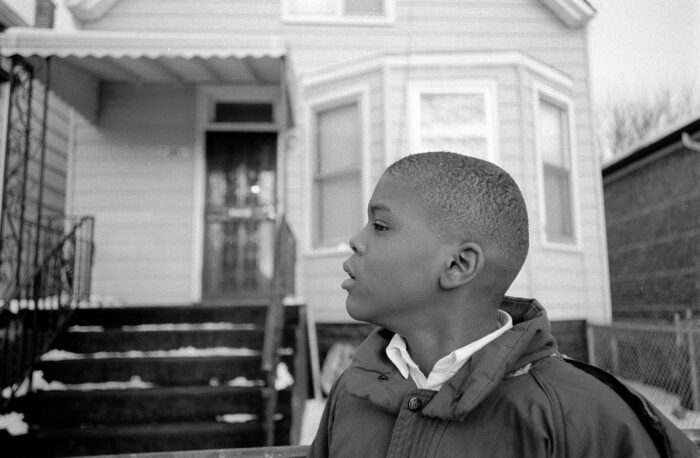
How are great journalists made? Often, it’s pieces of great journalism that help form them, influencing their lives or careers in an indelible way. To celebrate the Nieman Foundation for Journalism’s 80th anniversary in 2018, we asked Nieman Fellows to share works of journalism that in some way left a significant mark on them, their work or their beat, their country, or their culture. The result is what Nieman curator Ann Marie Lipinski calls “an accidental curriculum that has shaped generations of journalists.”
In her illustrious, richly crafted book “The Warmth of Other Suns,” Isabel Wilkerson brilliantly shows the journey that many African-Americans embarked on during the Great Migration. But it’s another Wilkerson work that I return to, over and over, as a guide to inform my own journalistic mission: her Pulitzer Prize-winning profile of Nicholas Whitiker, a fourth-grader from the South Side of Chicago.
Through vivid and robust details, Wilkerson compassionately shows us a Black family, the obstacles they face, and the sacrifices the oldest son makes to help his mother advance. She helps us see the toll too much adult responsibility takes on a young boy and helps us relate to a 10-year-old whose story could easily be overlooked.
Her portrait of Nicholas reminds us of his innocence, his humanity. He’s a child, a young Black boy—a group too often portrayed as the image of gun violence and too rarely highlighted for ambition, sacrifice, and for being the backbone of a family. Wilkerson shows us a boy aggressively trying to tackle poverty, racism, and historic inequities in ways he can’t even articulate.
The reporting and writing are perfection. Wilkerson isn’t heavy-handed, she doesn’t label the family or pass judgment. She simply tells the story through the eyes of Nicholas with authority. She reminds us of this family’s integrity.
I re-read Wilkerson’s profile repeatedly because not only is it a great blueprint, but it reminds me why I do this work: to amplify the voices of the unheard and to help communities better understand each other.
FIRST BORN, FAST GROWN: The Manful Life of Nicholas, 10
By Isabel Wilkerson
The New York Times, April 4, 1993
Excerpt
A fourth-grade classroom on a forbidding stretch of the South Side was in the middle of multiplication tables when a voice over the intercom ordered Nicholas Whitiker to the principal’s office. Cory and Darnesha and Roy and Delron and the rest of the class fell silent and stared at Nicholas, sitting sober-faced in the back.
“What did I do?” Nicholas thought as he gathered himself to leave.
He raced up the hall and down the steps to find his little sister, Ishtar, stranded in the office, nearly swallowed by her purple coat and hat, and principal’s aides wanting to know why no one had picked her up from kindergarten.
It was yet another time that the adult world called on Nicholas, a gentle, brooding 10-year-old, to be a man, to answer for the complicated universe he calls family.
How could he begin to explain his reality—that his mother, a welfare recipient rearing five young children, was in college trying to become a nurse and so was not home during the day, that Ishtar’s father was separated from his mother and in a drug-and-alcohol haze most of the time, that the grandmother he used to live with was at work, and that, besides, he could not possibly account for the man who was supposed to take his sister home—his mother’s companion, the father of her youngest child?
Isabel Wilkerson © 1993 The New York Times.



